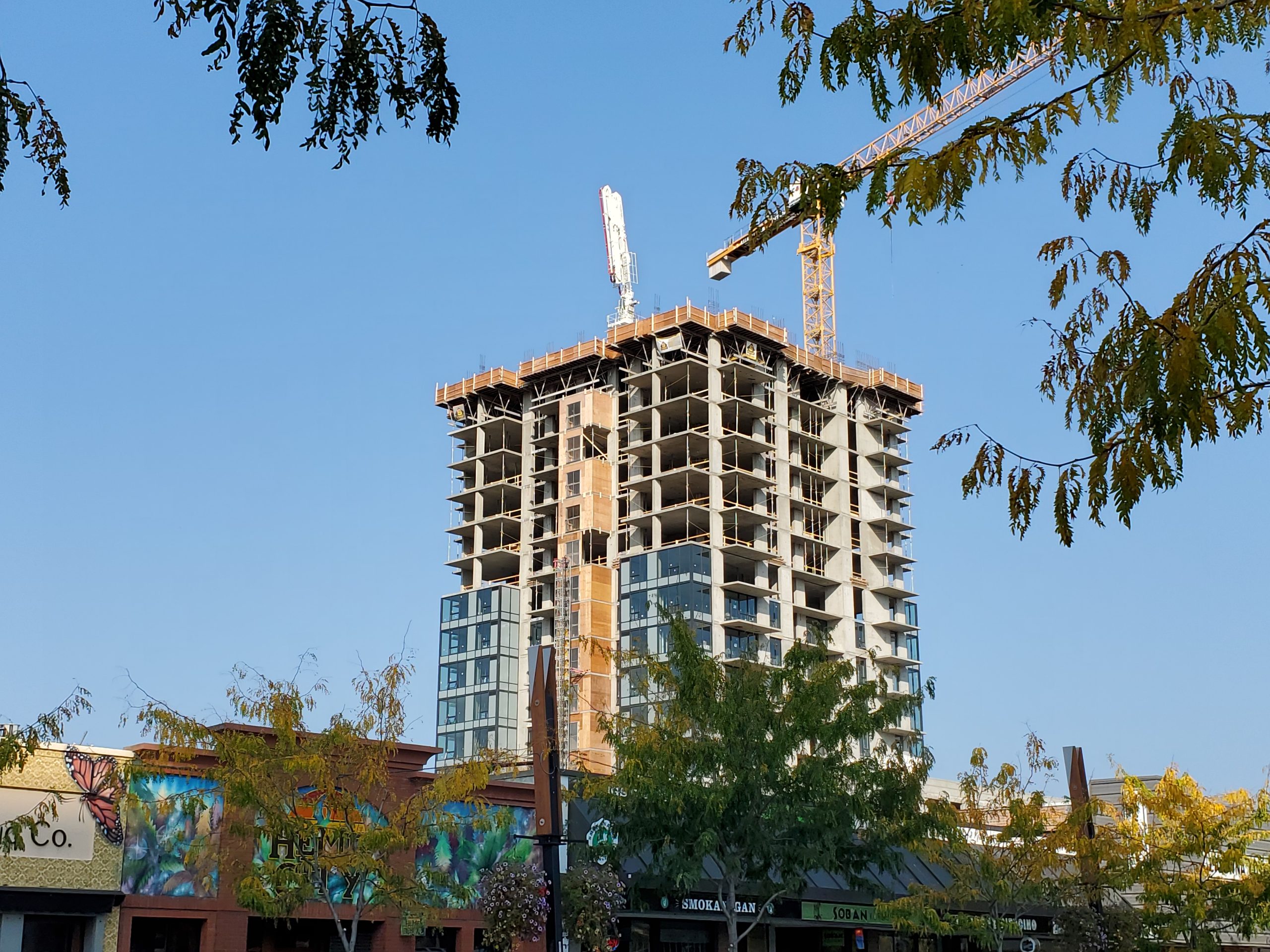Starting January 1, 2025, British Columbians will face a new BC Home Flipping Tax, adding yet another layer of financial consideration for those selling properties within a short timeframe. Coupled with the Federal Property Flipping Tax introduced by the CRA in 2023, this marks a significant shift in how short-term real estate transactions are taxed.
Here’s what you need to know about both taxes—and how they could impact you.
What is Property Flipping?
Property flipping involves purchasing residential property and reselling the property in a short period of time to realize a profit.
This also includes reselling the rights to purchase a property before its official sale, E.G by an Assignment of a Developers Contract.
The BC Home Flipping Tax: What It Means for Sellers
Effective January 1, 2025, this new tax specifically targets residential property sales within two years of purchase. Unlike the Federal Tax, which applies only to properties sold within 365 days, BC’s tax extends over a 730-day (two-year) timeframe.
According to the BC Government, approximately 4,000 properties are expected to be subject to the tax in a year.
Key Details:
- Applies to residential properties, presale contracts, and assignments owned for less than 730 days.
- Starts at a 20% tax rate for sales within the first year, gradually decreasing until eliminated at two years.
- Covers all sellers, including individuals, corporations, and trusts, regardless of residency.
- Certain primary residences may qualify for exemptions, but filing requirements apply.
⚠️ Important: Properties bought before January 1, 2025, and sold after that date are still subject to the BC Home Flipping Tax if owned for less than two years.
What types of Residential Property are not included:
- The tax won’t apply on reserve lands, treaty lands and lands of self-governing First Nations.
- Transactions involving mobile homes within residential parks that do not include the sale of the underlying land will not be subject to the tax.
Exemptions:
There will be exemptions for people facing life circumstances such as:
- Death
- Divorce/separation
- Illness or disability
- Relocation for work
- Change in household membership
- Involuntary job loss
- Personal safety
- Insolvency
- Destruction or expropriation
Federal Property Flipping Tax: In Effect Since 2023
The federal property flipping tax, introduced in 2023, applies to properties sold within 365 consecutive days of ownership. Gains are treated as business income, meaning they are fully taxed at your personal rate.
Key Points:
- No capital gains treatment—all profits are fully taxable.
- Principal residence exemptions are typically disqualified.
- Exemptions exist for life events, such as death, marital breakdown, or relocation.
This rule has been particularly impactful for investors, requiring careful planning to avoid unexpected tax liabilities.
Comparing BC Home Flipping Tax & Federal Flipping Tax
| Aspect | Federal Property
Flipping Tax. |
BC Home Flipping Tax |
| Effective Date | January 1, 2023 | January 1, 2025 |
| Scope | Properties held less than 365 days | Properties held less than 730 days |
| Tax Treatment | Fully taxed as business income | 20% tax in year 1, decreasing to 0% by year 2 |
| Exemptions | Life events like death or relocation | Primary residences (subject to filing) |
| Administration | CRA | Province of BC |
The BC Home Flipping Tax adds a provincial layer to the federal rule, creating an extended timeline and a graduated tax rate. While federal rules treat all gains as taxable income, BC’s tax provides more flexibility with its decreasing rate over time.
How Will This Affect the BC Real Estate Market?
The new flipping tax is designed to curb speculative property sales, discouraging quick flips and stabilizing housing prices. However, it also puts additional pressure on Sellers to navigate complex tax implications.
BC Real Estate Association did a study on this new Tax and its implications which you can read here
When to Seek Professional Advice
Navigating these taxes can be tricky, especially if exemptions might apply. If you are considering selling a property within the first two years of ownership, it’s essential to consult with an accountant or tax professional. This will help to avoid unpleasant surprises.
Need More Information?
Learn more about the BC Flipping Tax and the Federal Home Flipping Tax (See Section 6 Principal Residence).
📞 Trish Cenci | 250-864-1707
🌐 Contact Trish.


 Facebook
Facebook
 X
X
 Pinterest
Pinterest
 Copy Link
Copy Link

